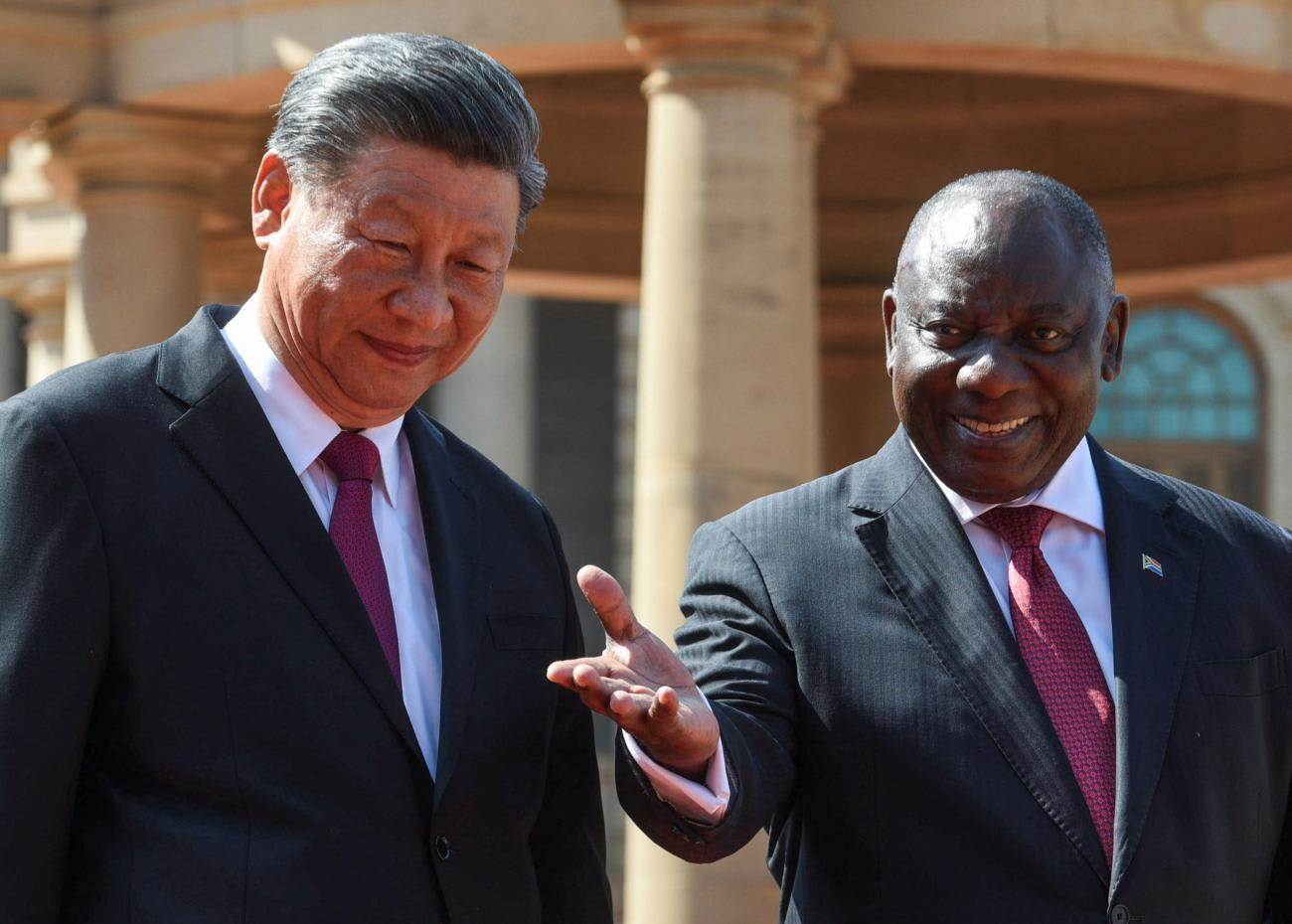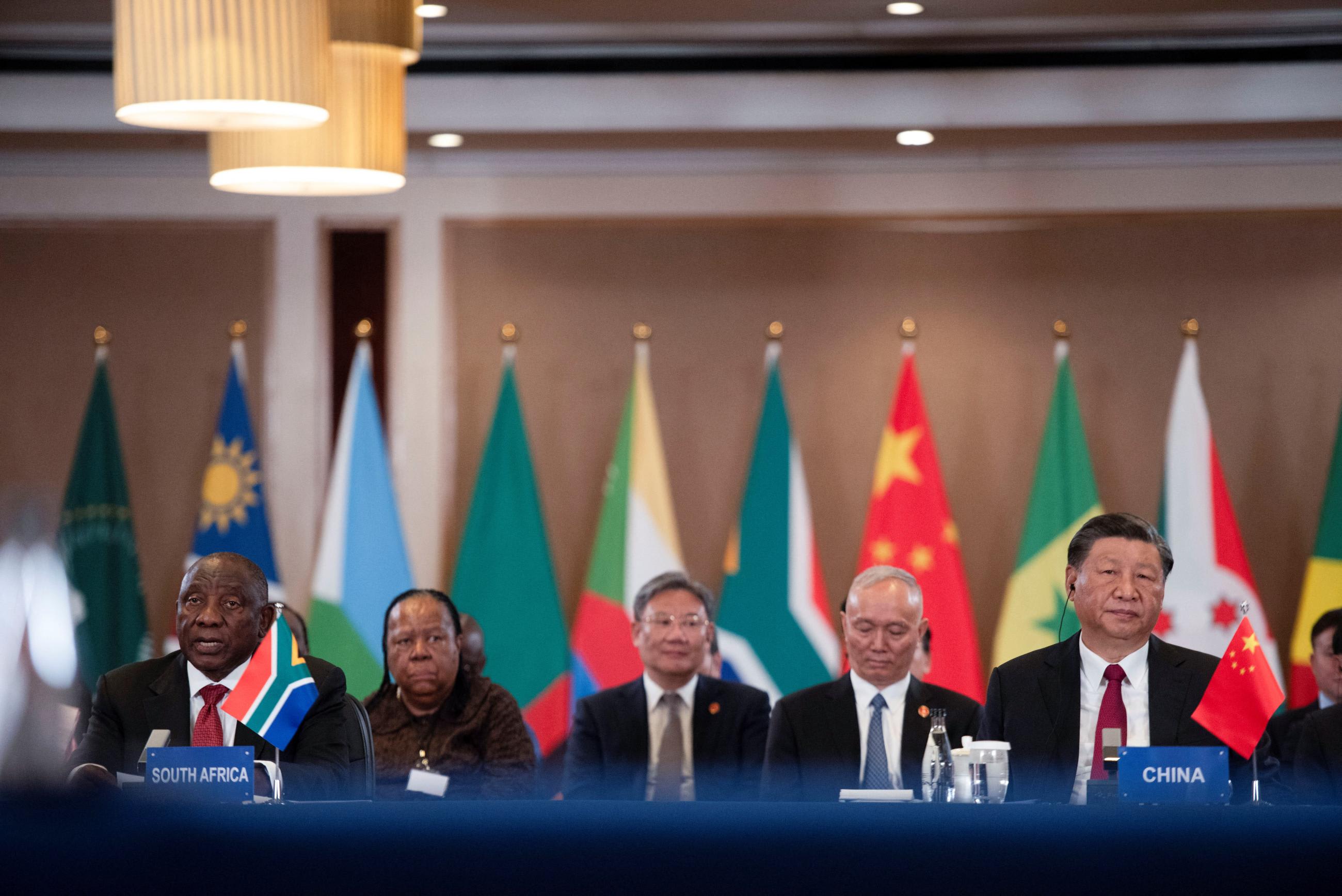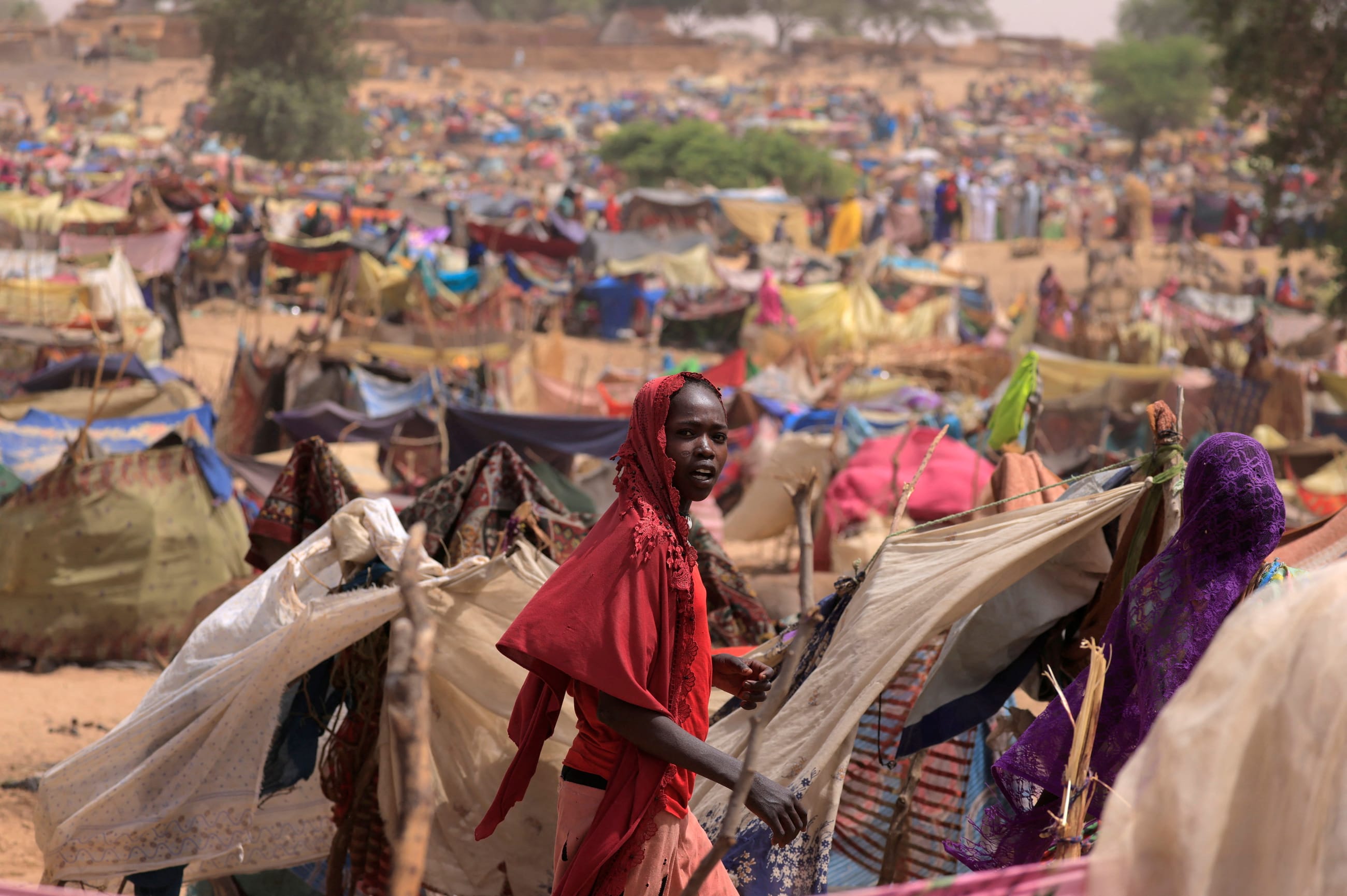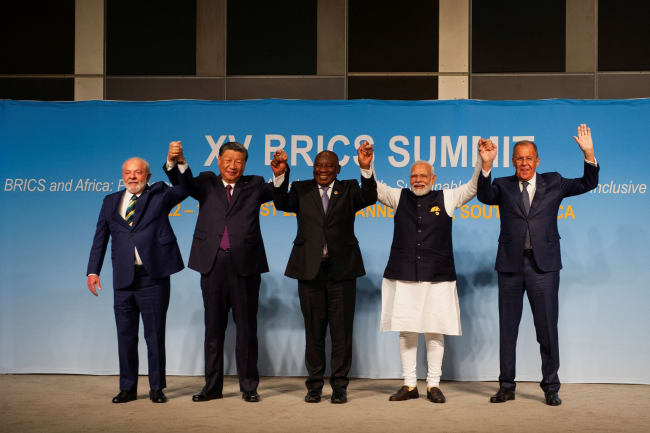Two decades ago, the United States seized the reins of global health leadership with a historic investment in combatting HIV/AIDS by establishing the President's Emergency Plan for AIDS Relief (PEPFAR). Now, with that program hanging in the balance, a victim of Washington's politicized dysfunction, a spokesperson of the National Security Council says the erosion of support for PEPFAR "could open the door for Russia and China in the Africa region."
What this argument misses is that the door is already wide open. In Africa, other major powers have long been spreading a narrative that the United States has little regard for African lives, and it has resonated even louder during the COVID-19 pandemic and its aftermath.
In 2020, when COVID-19 first brought the world to a standstill, African leaders offered messages of global solidarity even as they emphasized the specific fragilities of African economies and health-care systems and called for help from wealthier nations to fill the gaps. South African President Cyril Ramaphosa, who at the time served as the chair of the African Union (AU), wrote that, "distinctions of wealth, poverty, nationality, race and class have been rendered meaningless as infections grow in developed and developing countries alike."
But quickly, those distinctions were thrown into stark relief as wealthier countries with broad access to vaccines left African governments scrambling for meager supplies.
In Africa, other major powers have long been spreading a narrative that the United States has little regard for African lives
Mark Suzman, CEO of the Bill & Melinda Gates Foundation noted recently in Foreign Affairs that the profound inequities in the global response to the pandemic deepened distrust and resentment in the region. The language African leaders chose to describe the situation indicates the depth of their sense of betrayal. Tedros Adhanom Ghebreyesus, the first African to lead the World Health Organization, decried "vaccine apartheid." By the time the UN General Assembly rolled around in 2021, President Ramaphosa was calling vaccine inequity "an indictment on humanity."
Meanwhile, Chinese diplomats worked overtime to advertise Beijing's commitment to supplying personal protective equipment and vaccines, to sow conspiracies about the United States' role in the outbreak, and to convey resolute solidarity with African states—even if Beijing's largesse was less generous than advertised. Russia, which attempted to capitalize on its Sputnik V vaccine in both a political and economic sense, employed lofty rhetoric about "a vaccine for humankind" as it offered it to African countries—but priced it higher than other vaccines. To this day, Russia trumpets its status as "among the first" to provide Africa with pandemic-related help.

All of this has added to momentum towards the creation of a counterweight to the West, backed by Russia and China. At this August's BRICS summit in South Africa, the AU and BRICS released a "framework of cooperation" for pandemic preparedness, prevention, response and recovery intended to help ensure that Africa would be less reliant on the West in the future. Ramaphosa used Chinese President Xi's state visit to warmly and effusively thank China for its pandemic support, a contrast with his remark to French President Macron months earlier that in the depth of the COVID crisis Africans "felt like we were begging and at times it felt like there would just be droppings from the table."
It's clear that these narratives about Western powers devaluing African lives have staying power, in part because they are reinforced in other spheres, from the debt crisis to peace and security. In 2022, newly elected Kenyan President Wiliam Ruto used his first UN General Assembly speech to deplore the way Africa was left behind with that he called "unforgettable clarity." He went on to link Africa's COVID experience to a general international indifference to suffering on the continent, contrasting what he described as "admirable demonstrations of effective solidarity in response to crises in various parts of the world" and a lack of them in Africa, an exception he said was "particularly repugnant."
Today, Africans continue to ask pointed questions about why suffering in Ukraine, Israel, and Gaza generates massive news coverage and mobilizes Western leaders at the highest levels, while killing, sexual violence, and mass displacement in Sudan and profound insecurity in several other African states doesn't attract the same degree of urgency and concern.
It's a terrible irony that as policymakers and public health advocates scramble to save PEPFAR's reauthorization by warning how costly it would be to cede U.S. global health leadership, many on the continent already have doubts about the degree to which the United States values their lives.













